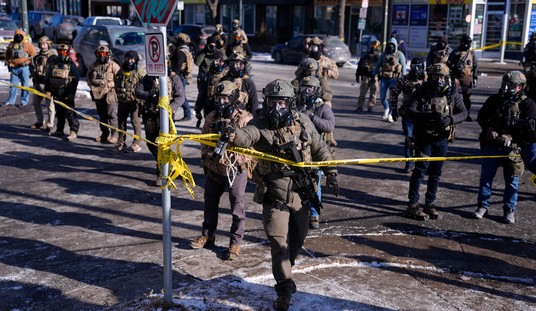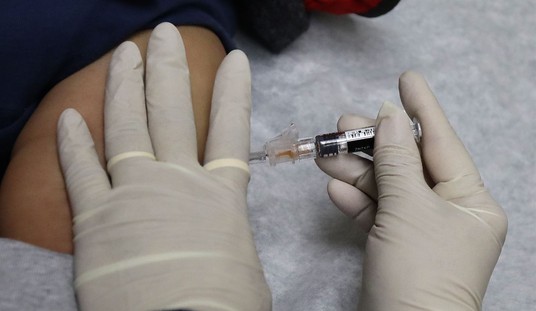Sen. Ron Johnson (R-Wis.), chairman of the Senate Homeland Security and Governmental Affairs Committee, said Customs and Border Protection agents are stopping about 5 to 10 percent of the illegal drugs coming across the border into the U.S.
“If you really want a metric that lays out how completely unsecure our border is, and starts pointing to the root cause of the insecurity at our border, it’s our interdiction of drugs. We had Gen. McCaffrey testify that today we are only interdicting about 5 to 10 percent of illegal drugs coming to this country,” Johnson said at a National Journal discussion on immigration reform.
“Now if you are letting 90 percent or 95 percent of illegal drugs come into this country, when you are spending about $25 billion per year – when you add up all the spending at all the different agencies – you see how completely unsecure our border is and that’s a real problem for our national security.”
Gen. Barry McCaffrey directed the White House Office of National Drug Control Policy under President Bill Clinton. Ronald Vitiello, deputy chief of the Border Patrol, did not contest the single-digits estimate during a separate hearing in Johnson’s committee.
Johnson said the nation’s “insatiable demand for drugs” has given rise to the drug cartels.
“Let’s face it, a drug cartel is a business. They start with that product line and they go, ‘well, we’ve kind of got this distribution setup for drugs, how can we expand our product line? Let’s start trafficking humans, sex trafficking, let’s expand into helping illegal immigrants get into this country because we can use them as a diversion for our drug trafficking,’” he said.
Johnson said the U.S. does not have effective partners in Central America to stop the flow of illegal drugs, since the cartels have weakened the public safety institutions there.
“You’ve got the drug cartels starting to combine with transnational criminal organizations and potentially Islamic terrorist groups like Hezbollah,” he said.
Johnson prefers an “incremental” approach to immigration reform, rather than a large bill.
“Let’s make sure the smartest minds stay here to grow our economy but also low-skilled labor, too — to make sure we actually do have the labor across the board without depressing American wages. We always have to keep that in mind,” he said.
Johnson also told the audience that he had asked President Obama to make his White House staff available to senators for work on budget issues.
According to Johnson, the long-term projected deficit over 30 years is $8-9 trillion in the first decade, $31 trillion in the second decade and $88 trillion for the third decade, totaling $127 trillion in federal deficits.
During one of the group’s meetings, Johnson said Obama came in the room for the last half.
“He wanted tax increases on the table, fair enough, and I said, ‘Mr. President, if you want everything on the table, here’s how you put it on the table: use your bully pulpit. Take the truth to the American public. Show them the depth of the problem so that we collectively as a society take the first step in solving any problem, admit we have one,’” he said.
Johnson, a member of the Budget Committee, recalled Obama saying, “We can’t show the American public numbers that big. If we do, they’ll get scared. They’ll give up hope.” And, “Besides, Ron, we can’t do all the work. We have to leave some work to future presidents and future Congresses.”
“Now, that is jaw-dropping,” said Johnson.








Join the conversation as a VIP Member